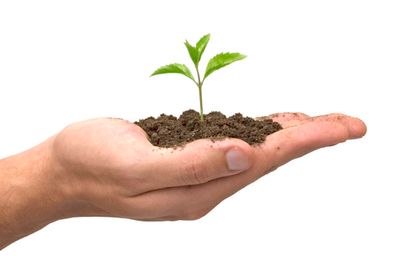By Liz Massey, Nov. 6, 2014.
I can’t tell you how excited I am to be writing this column, which is the first one I have written for Echo since same-sex couples became able to legally marry in Arizona on Oct. 17.
Many of us over 40, who came out in the early 1990s or before, didn’t honestly think we’d live to see this day. Even with the landmark court-designated victory in Massachusetts in 2004, I didn’t personally think marriage equality was inevitable in America until 2012, when the tide at the ballot box turned dramatically in our favor.
Clearly, last year’s U.S. Supreme Court rulings cleared the path for the slew of positive rulings these past few weeks. But the road to this period of rapid change was paved with civil union legislation that “normalized” legal gay relationships (and demonstrated the inadequacy of separate-but-equal solutions), with increased LGBT visibility in the media and with the work of countlessqueer people discussing the issue with their friends and loved ones.
As our movement has advocated for relationship recognition, we’ve gradually reframed what we called it, from “gay marriage” to “same-sex marriage” and now “marriage equality.” This shift demonstrates the power in moving from a term that emphasizes difference to one that emphasizes our rightful inclusion in the original idea of what marriage is all about.
When we advocate for LGBT causes such as marriage equality, we are continuously planting seed-thoughts — concepts embedded in what we say and write that hopefully take root and bloom in the minds of allies and potential allies. Minds and hearts are changed when those concepts help others integrate our lives and concerns into their worldview. The growth of these ideas is critical to the future of our movement, since they have the potential to spread the word about the causes we champion far beyond what any of us could achieve individually.
To better demonstrate the power of seed-thoughts, I thought I would share five thoughts and concepts that have had the most impact on my life and way of thinking. Although I could write them all down on a single index card, this short list of ideas is responsible for shaping who I am today.
1) BOTH/AND THINKING
Accepting the idea that situations can, and frequently do, contain ambiguity and paradox has pretty much saved my sanity.
2) APPRECIATIVE INQUIRY
This change methodology accents the positive without ignoring the negative. It has helped me change many problems into opportunities.
3) “BECOME THE CHANGE YOU WISH TO SEE IN THE WORLD”
This quote, attributed to Gandhi, shifted my attitude in romantic relationships from one of anxious expectation to one of proactive service. (Most of the time, anyway.)
4) THE WAY OF THE SMALL
This is the title of a book that advocates living simply and eschewing the pursuit of “grand ambitions.” It’s helped me learn to be more content with life as it is, and to be less devastated by failure and imperfection.
5) THE RIPPLE EFFECT
This concept asserts that the input/energy we invest in an action doesn’t necessarily provide an equal level of output/results. Sometimes, a tiny action unleashes a powerful chain of events; at other times, massive efforts come to nothing. This idea has helped me focus on what my intent is, and let go, at least to some degree, of the outcome.
Being the bearer of new ideas isn’t always easy. Science writer James Gleick warns would-be firebrands that, “Ideas that require people to reorganize their picture of the world provoke hostility.” But the ultimate advantage that LGBT equality has in the so-called marketplace (some would call it a battlefield) of ideas is that it is not just beneficial for us. Our advocacy is one part of a worldwide movement toward egalitarianism and fairness in human relations. Because of that, our seed-ideas are blooming and growing in the minds of our allies, alongside a host of other concepts that may very well ensure our species’ collective survival.
